The timing of the withdrawal on Aug. 5 is consistent with the Trump administration’s initiative to reduce regulatory burden on business. But the rule, proposed in March 2016, didn’t appear to have received much support from carriers or labor under the jurisdiction of the Federal Railroad Administration or Federal Motor Carrier Safety Administration.
The agencies define sleep apnea as a “respiratory disorder characterized by a reduction or cessation of breathing during sleep.” Sleep apnea is a critical safety issue that can affect operations in all transportation modes, by reducing “the capacity to safely respond to hazards when performing safety sensitive duties.”
Sleep apnea has been on the FRA’s radar screen since 2004. In the proposed rule, the FRA cites several cases where sleep apnea was a likely factor, including an incident where a Metro-North commuter train ran of the tracks near Spuyten-Duyvil, N.Y., in December 2013. Four people were killed, and sleep apnea may have been a contributing factor. After the accident, the Metropolitan Transportation Authority expanded its sleep apnea screening program.
Comments from railroad industry groups ranged from neutral to negative. The Association of American Railroads recognized that while sleep apnea was a problem, any rulemaking would have to balance public and employee safety “and the needs of individual employees diagnosed with [sleep apnea] to be out of work for as short a time as possible.”
The Brotherhood of Locomotive Engineers and Trainmen said the best venue to discuss sleep apnea was the FRA’s Railroad Safety Advisory Committee.
The Transportation Division of the International Association of Sheet Metal, Air, Rail and Transportation Workers was more blunt: “We believe the top 3 safety issues in the freight rail industry are fatigue, fatigue, and fatigue, and sleep apnea is a very small part of the solution to that problem …
“Singling out sleep apnea as a fix to fatigue in our industry, and ignoring the most significant contributing issue of unscheduled work, is like fighting world hunger with a pick-up truck load of watermelons.”
FRA officials said that under the Railroad Safety Improvement Act of 2008, companies are required to develop worker fatigue management plans.
“While RSIA does not address [sleep apnea] by name, FRA believes railroads will consider [sleep apnea] when addressing medical conditions that affect alertness … FRA will continue to monitor railroads’ voluntary OSA programs, as well as the implementation of fatigue risk management plans.”
The federal government announcement has not yet been published in the Federal Register.







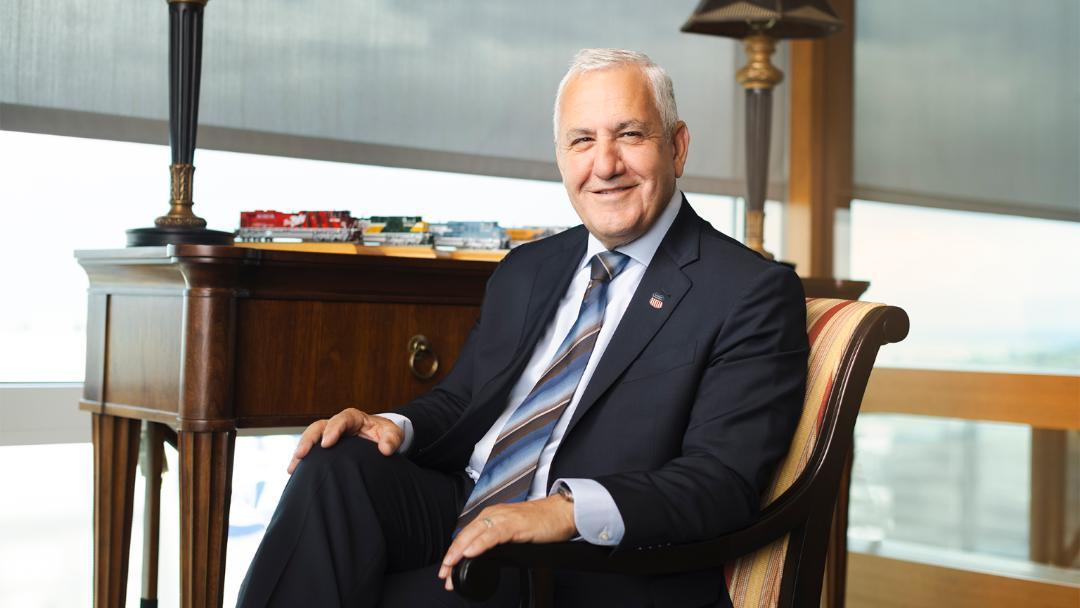
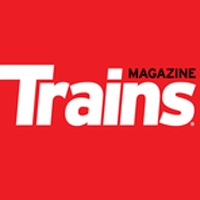
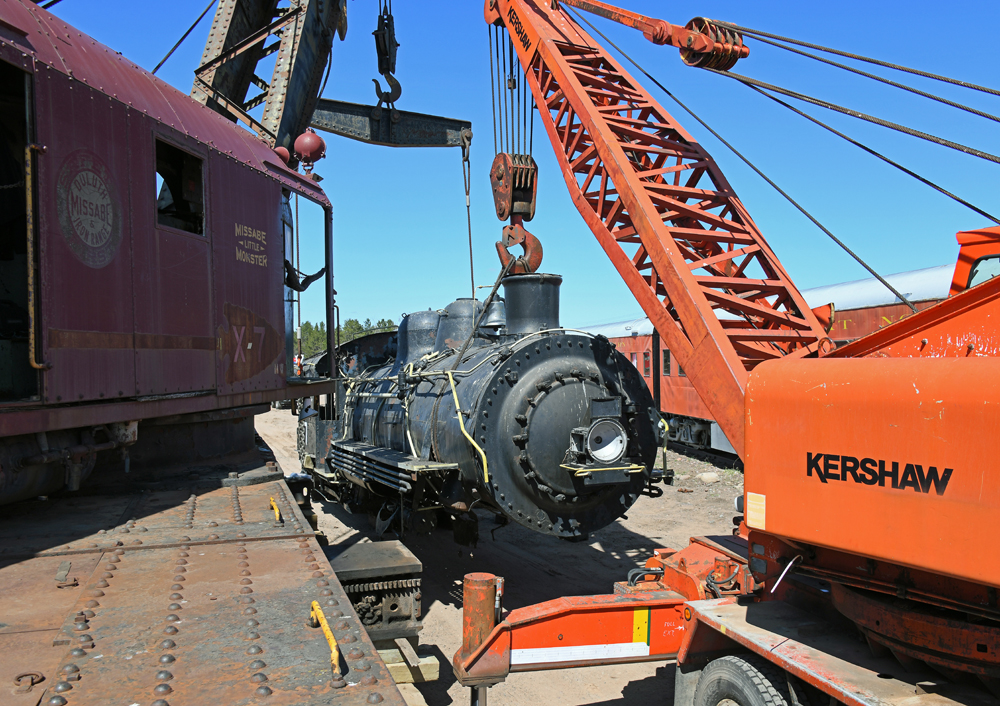
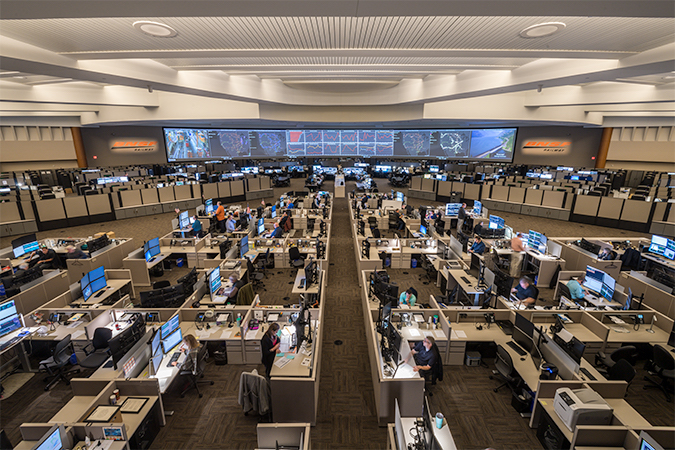
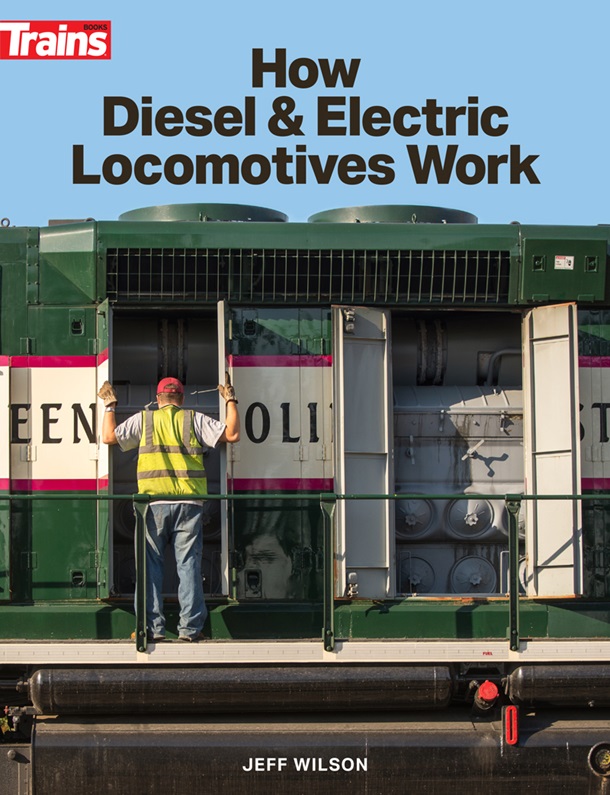
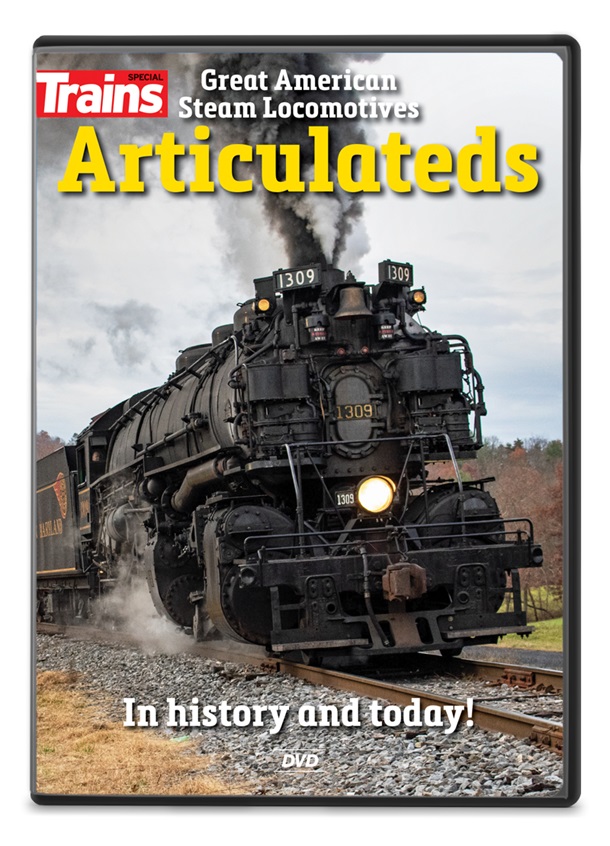
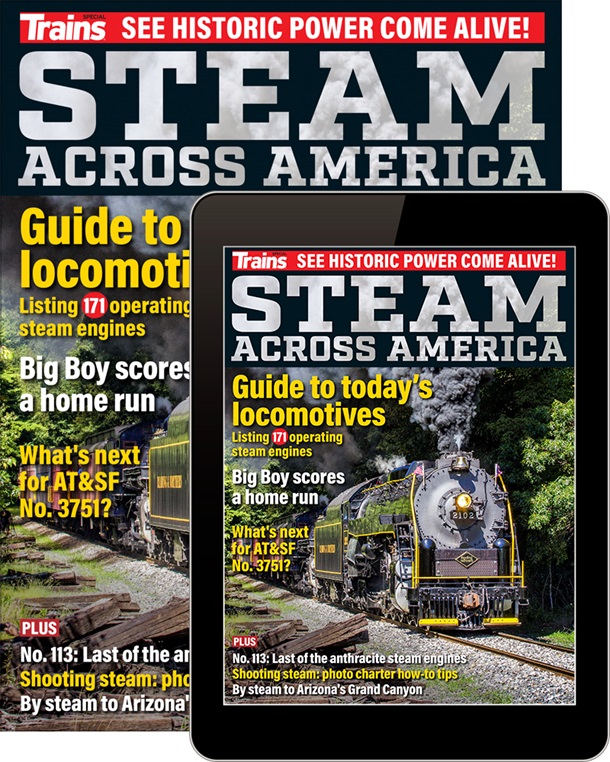
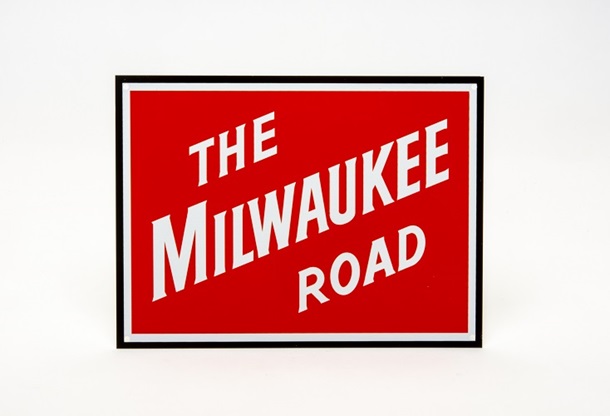
The transportation industry is short on people to do these jobs so they can’t run on schedule rest period. It’s take off your 10 hours for trucks or 12 for the railroad and get back on the road. Sleep apnea is just an excuse to blame the problem on the employee in my opinion.
It appears from the comments and the union statement that fatigue is the issue – with sleep apnea a small subset. My question is (maybe a stupid question) why aren’t railroads run on a schedule where each worker would have a regular and known scedule?
Maynard Ross is right.
I’am a retired for now truck driver also and agree that most of the problems were caused by me not wanting to rest when I should have. It’s hard to go to bed at noon when you slept a normal night but have to leave at 6:00 or 7:00 in the evening and run for 15 hours that night. What made it even worse for drivers was when the Feds changed the law where you can’t stop and take a nap because once you start your clock (time on duty) you can’t stop it until the 14 to 16 hours are up. If you take a nap then you lost that time and don’t complete the run. The only break you must take is 30 minutes before being on duty 8 hours even if your not tired then. If you eat that usually makes you tired then you can’t stop and rest so I never ate while on duty. I’am 67 and still like to drive and may go back again as I could start in the next 4 hours if I wanted to but it will be a local or part time run this time around.
As a former truck driver (now retired) I can say that sleep apnea played a very small role, if any, in my day to day activities. If I had a problem staying awake on any given day, it was usually my own fault for not getting to bed in a timely manner. I have since discovered that anyone diagnosed with sleep apnea has a much bigger problem than just being tired the next day. Their biggest problem is just staying alive! If you sleep too deeply there is a risk of your ceasing to breathe for a long enough time that you just may not be able to wake up-ever again! Anyone who isn’t sure should voluntarily see his or her Dr. to be tested. I got tested at my local hospital and it was found that I would go into such a deep sleep that I would stop breathing for various lengths of time. Once, the test tech deliberately woke me up because I stopped breathing for a long enough period that he became concerned for my life. Ever since that test, I have worn a C-PAP mask and have air pumped into my lungs at a slightly pressurized rate that makes sure I’m not starving for air. I wear it whenever I’m sleeping, be it all night or just a short nap. I strongly urge everyone to talk to their doctor about the possibility that something may be wrong. You just may save your own life.